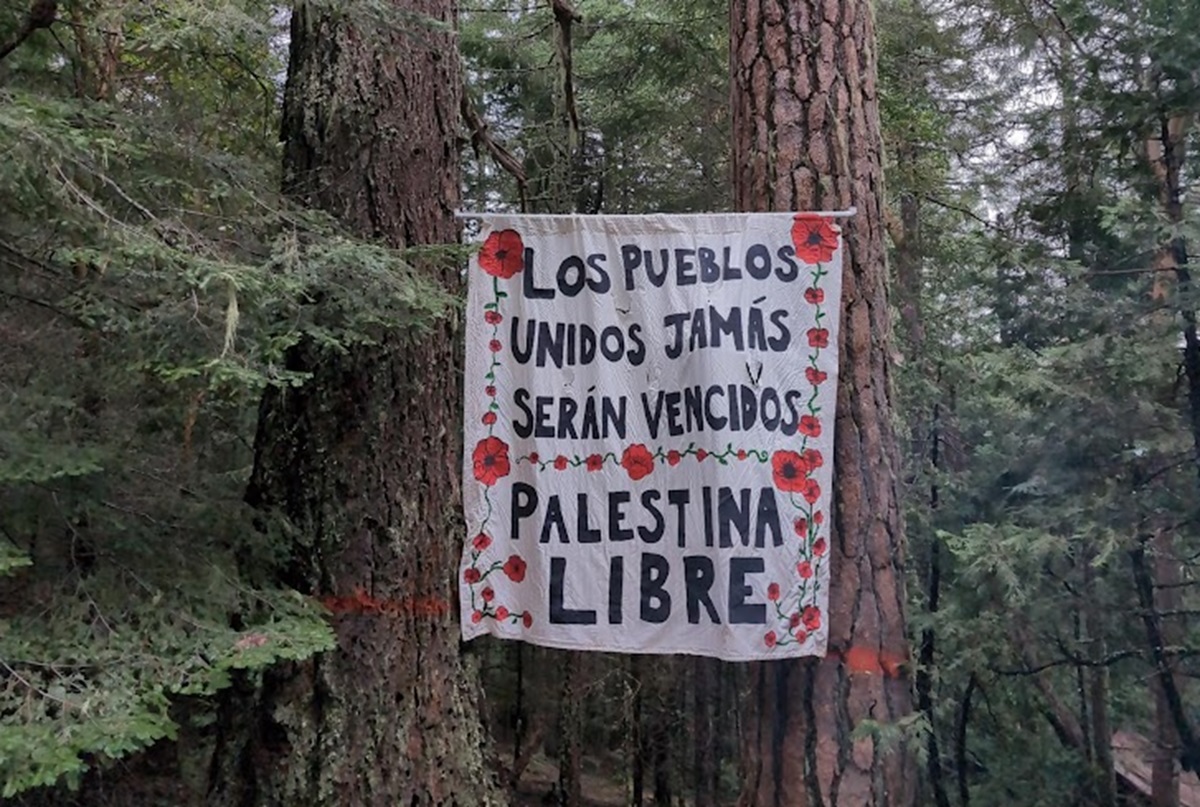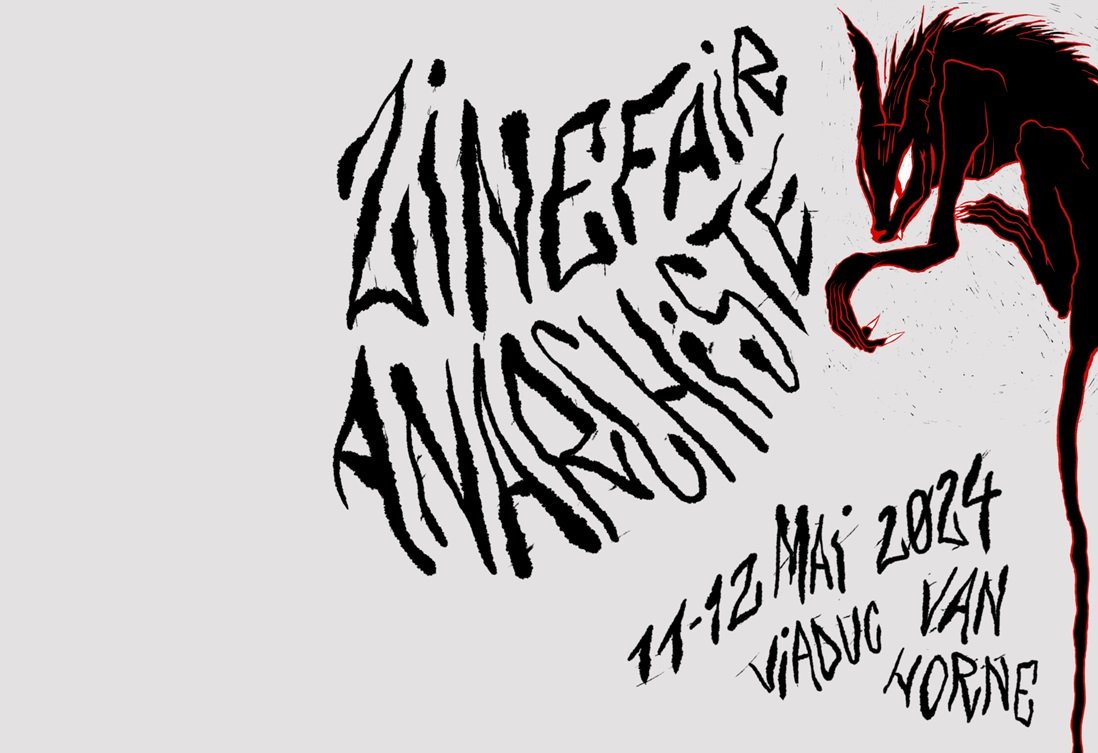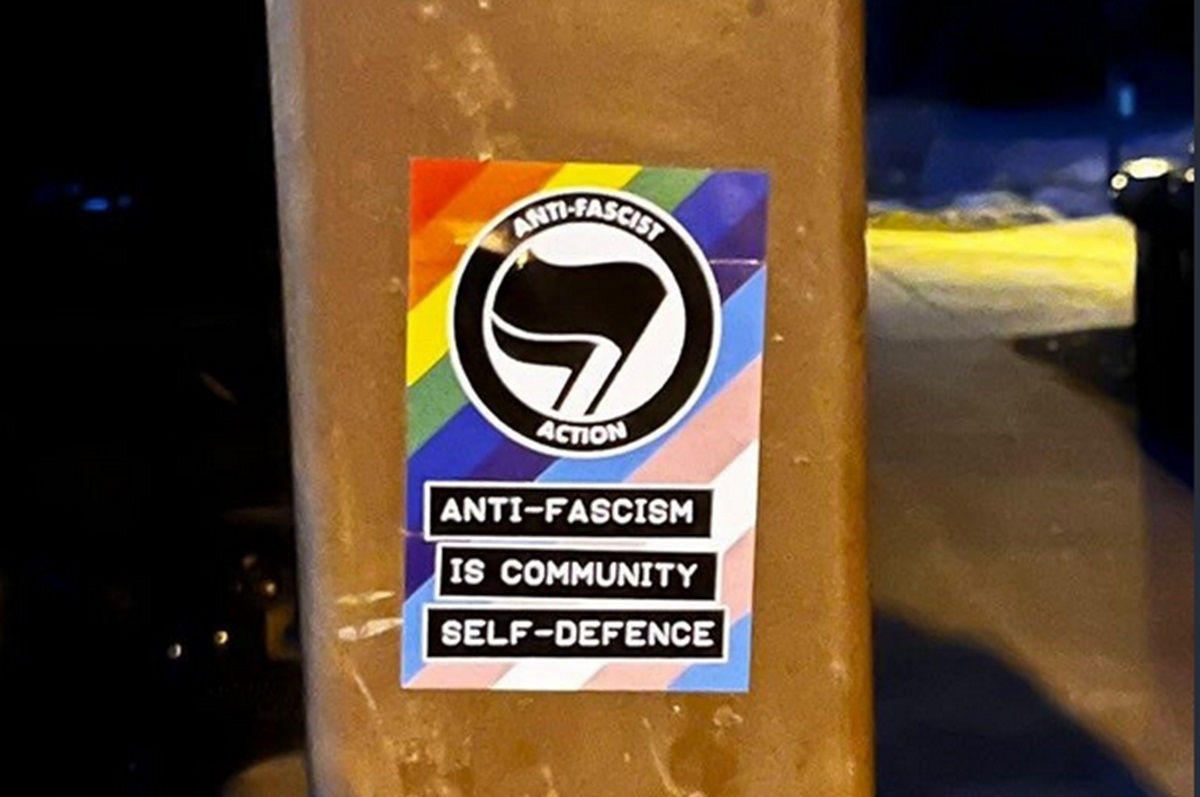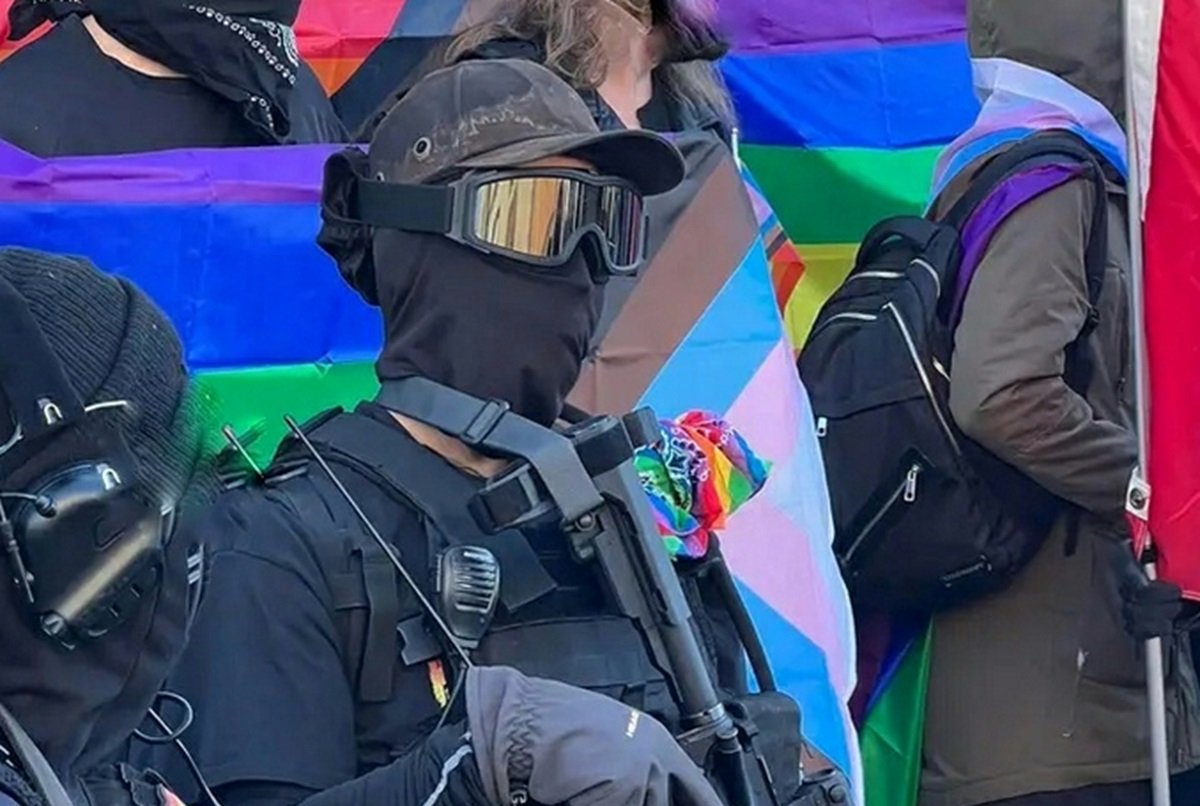Filed under: Analysis, International Coverage, The State, War
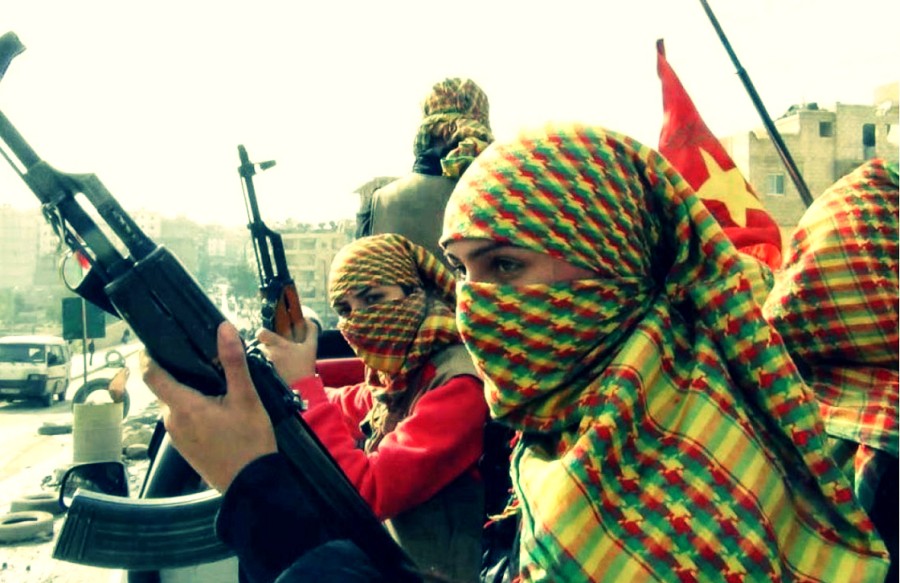
It has now been a little over two months since the reconquest of Mosul by the Iraqi Armed Forces, and the region’s necessary reconstruction looks bound to be hampered by religious and ethnic strife. Already, the presence of Iran-backed Shia militias in this overwhelmingly Sunni town has irked many of its inhabitants. It won’t be long before the simmering tensions escalate into yet another deadly conflict. But a new political system at work in the northern Syrian region of Rojava might succeed where the woefully outdated Iraqi nation-state looks bound to fail.
Syria, March 2011: dissatisfaction with the autocratic rule of Bashar al-Assad escalates into an armed conflict after the violent suppression of peaceful protesters by the regime. The conflict then rapidly devolves into a bloody and protracted civil war between a number of factions vying for the control of vast swaths of territory.
Rife with ethnic and sectarian violence, extrajudicial killings and crimes against the civilian populations, the vicious struggle sees the emergence of a distinctly unsavoury protagonist: the self-proclaimed Islamic State (or ISIS).
Following a fundamentalist doctrine of Sunni Islam, the group seeks to establish a worldwide caliphate by any means necessary: torture, beheadings, and mass executions are but a small sample of the atrocities carried out by the group.

Islamic State fighters in Syria
At the height of its power, the Islamic State controlled sizeable parts of Iraq. Jihadis from all over the world flocked to Syria to lend a hand in the establishment of the Caliphate. But today, ISIS is on the backfoot. After having lost Mosul in June to the Iraqi Armed Forces, its de facto capital of Raqqa in northern Syria is under siege by the Syrian Democratic Forces (SDF, Kurds). Most of its fighters are now retreating towards the banks of the Euphrates river. But the reconstruction might prove a much greater challenge than the fighting: ISIS has left in its wake untold destruction and grief. Cities have been razed, whole communities slaughtered or driven away, and the very fabric of a society destroyed.
Iraq and Syria no longer exists. They aren’t coming back.
In February, Michael Hayden, former director of both the CIA and the NSA declared “Iraq no longer exists. Syria no longer exists. They are not coming back”. (1) These nations were artificial constructs, barely held together since their inception at the cost of ruthless coercion. Any attempt to put them back together, as they were, will only lead to a resurgence of the very sectarian strife that led to their collapse in the first place.
Yet, amidst the carnage and destruction lies the hope of a political and social refoundation initiated five years ago by the Kurds in Northern Syria. At the onset of the conflict in 2011, Kurds were the largest minority group in Syria, accounting for 10% of the population. They had suffered from decades of discrimination and neglect, and were deprived of civil, economic, and cultural rights. They were denied citizenship, and the use and teaching of their language was prohibited by the regime.
Following the collapse of the Assad administration, the three northernmost counties of Syria (known in Kurdish as Rojava) gained their autonomy under the leadership of the Kurdish PYD (Democratic Union Party) and the protection of the YPG militias (People’s Protection Units). Taking advantage of the power vacuum, they have since then sought to establish and expand a secular policy based on the principles of democratic confederalism.

Kurdish fighter of the Women’s Defense Units (YPJ)
Theorized by Abdullah Öcalan, the imprisoned leader of the PKK (Kurdistan’s Workers Party), democratic confederalism is a democratic anti-capitalist political system emphasizing grassroots participation, direct democracy and self-governance. In practice, it translates as a form of libertarian municipalism reminiscent of the anarchist revolution in 1936 Catalunya. The main instrument of governance are locally-elected councils, each striving for careful ethnic and religious balance.
After months of de facto rule, the PYD officially announced the regional autonomy of the Democratic Federation of Northern Syria in January, 2014. As a result, local and regional elections were held, popular assemblies established and the Constitution of Rojava was ratified.
In Pursuit of Freedom, Justice and Democracy
“In pursuit of freedom, justice, dignity and democracy, and led by principles of equality and environmental sustainability, the Charter proclaims a new social contract, based upon mutual and peaceful coexistence and understanding between all strands of society.” (2)
The Charter of Social Contract, commonly known as the Constitution of Rojava, stresses absolute gender equality, people’s right to self-determination, and sustainability. On the ground, the contrast with ISIS-held regions is remarkable: secular Rojava has outlawed forced marriages, polygamy and underage marriage, and 40% of political positions in each council is held by women. The revolution also extends to the justice system: through the community-based Peace and Consensus Committees, it now emphasizes restoration over retribution. All of those accomplishments are underpinned by large-scale public awareness campaigns.
But it’s in regard to ethnic and religious relations that the revolution’s extraordinary achievements shine even brighter. Accounting for Northern Syria’s polyethnic nature, the Constitution enshrines the rights of religious and cultural minorities, and aim to empower them through comprehensive affirmative action. Rojava’s model of bottom-up democracy hinges on the inclusion and active participation of minorities in the political process. As a result of those efforts, a diverse media landscape has emerged: Major Kurdish, Arabic, Turkish or Syriac-speaking news outlets have sprung up. Schools are now offering curriculums in Kurdish, Arabic or Syriac, with English as a mandatory third language. And while some tensions linger from the Ba’athist era, Rojava is steadily becoming a secular, multicultural society embracing the various ethnicities and religions populating the region.
A Democratic Beacon of Hope
Most of its supporters are not advocating for independence, but rather for a federalized, inclusive and secular Syria built on the foundations of democratic confederalism. But not everyone sees Rojava as a democratic beacon of hope. Turkey and its autocratic president Recep Erdogan is wary of the establishment of a Kurdish autonomous region on its border, fearing that it would fuel Kurdish insurgency at home. Indeed, decades of repression and attempted cultural genocide by the Turkish state has led to a long-drawn conflict with the PKK that claimed more than 50,000 lives.
Turkey, a NATO member, has tried since its inception to strangle the Rojava revolution in its cradle. It has imposed an economic blockade on the region, repeatedly shelled Kurdish villages and even cooperated with the Islamic State. In November 2014, a former ISIS communications technician told Newsweek, “ISIS commanders told us to fear nothing at all because there was full cooperation with the Turks. ISIS saw the Turkish army as its ally especially when it came to attacking the Kurds in Syria.”(3) And while the 2016 military operation Euphrates Shield stated goal was to engage the Islamic State, Ankara made no secret of its desire to strike at the PYD.

Turkish President Recep Tayipp Erdogan
As of today, Rojava is home to 4.6 million people, half of them inbound refugees. The revolutionary social and political experiment is still underway. In the end, democratic confederalism might prove a viable alternative to the crumbling nation-state, freed from religious and ethnic turmoil. But with only token support from the US-led coalition and with the Syrian regime steadily regaining lost ground, the future looks uncertain for the Democratic Federation. Surrounded by powerful enemies, and in absence of substantial international support, their bravery alone might not save the people of Rojava.
(1): http://www.nationalreview.com/article/433180/iraq-syria-nation-states-they-are-not-except-paper
(2): https://civiroglu.net/the-constitution-of-the-rojava-cantons/
(3): http://www.newsweek.com/isis-and-turkey-cooperate-destroy-kurds-former-isis-member-reveals-turkish-282920


